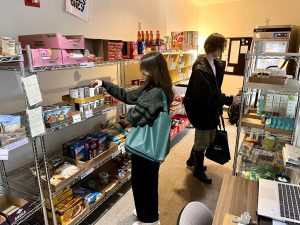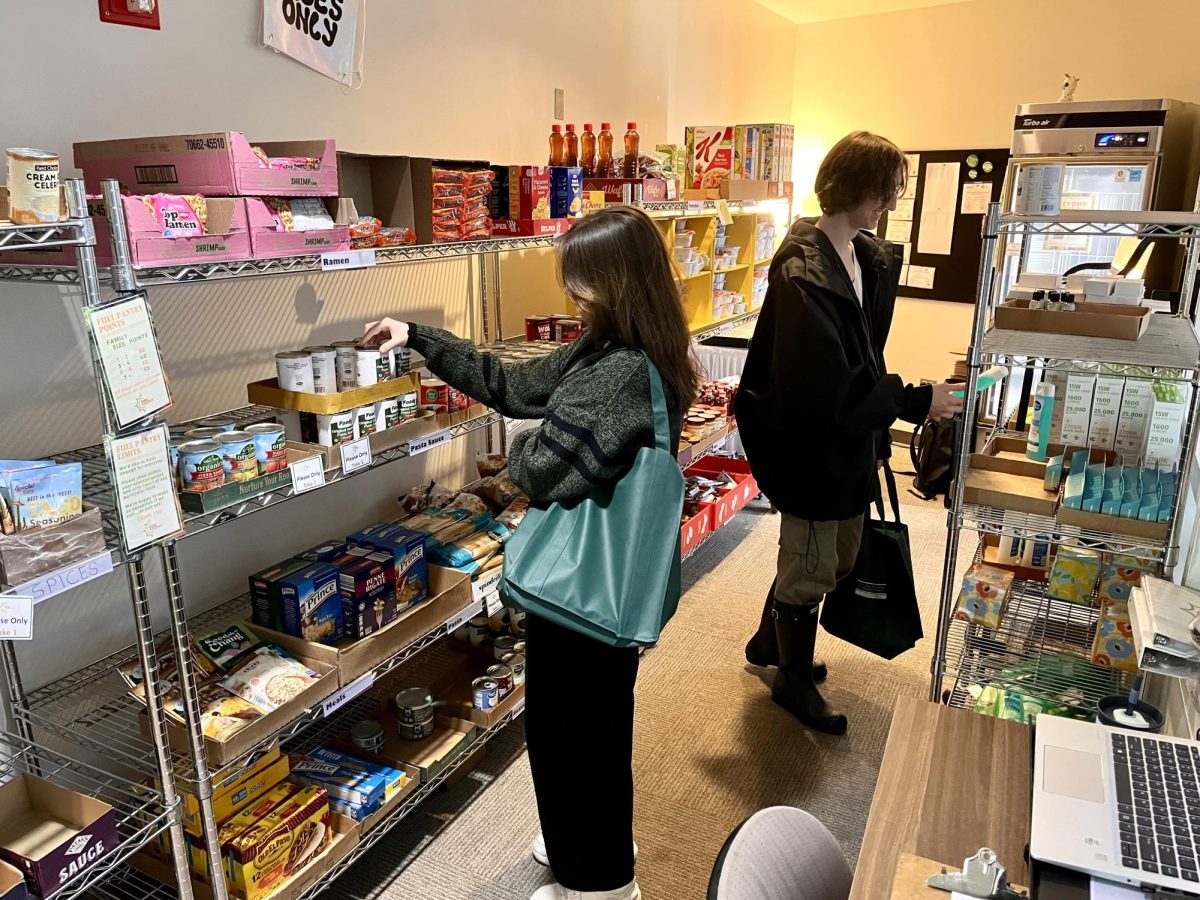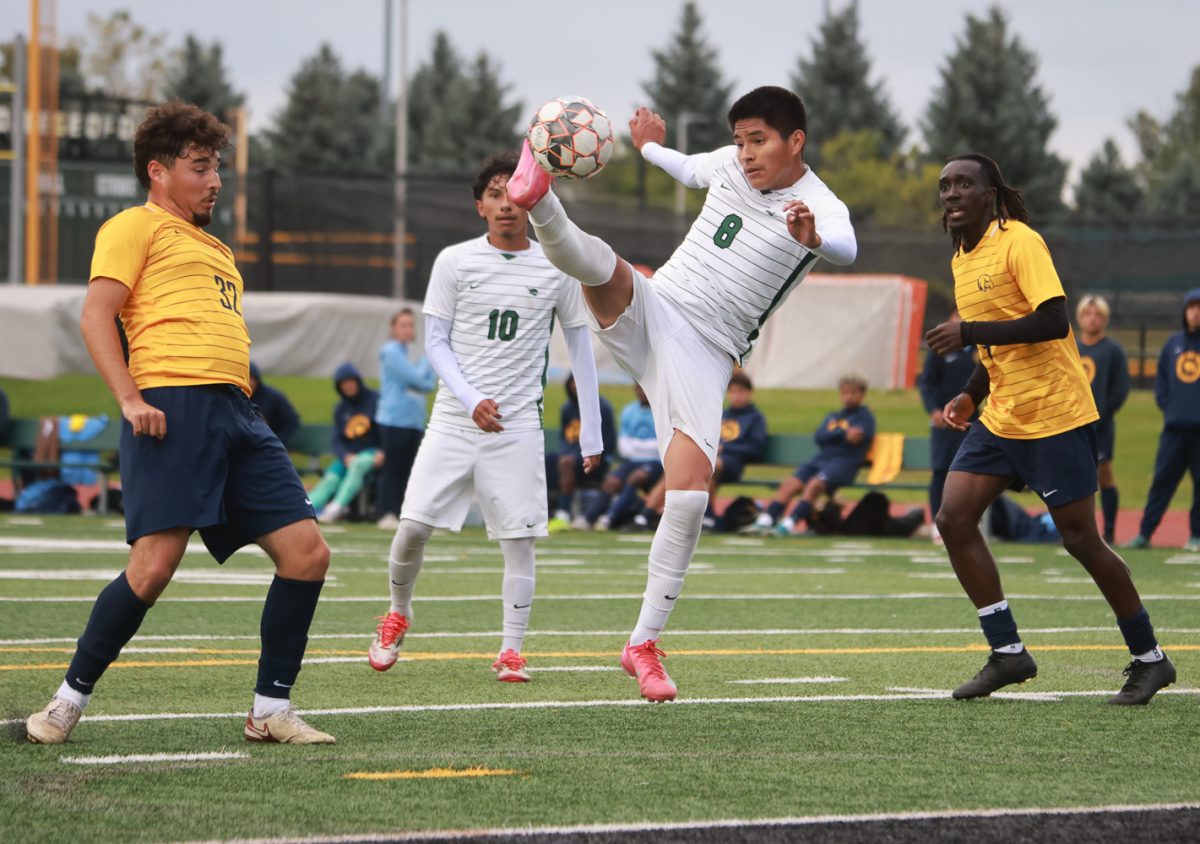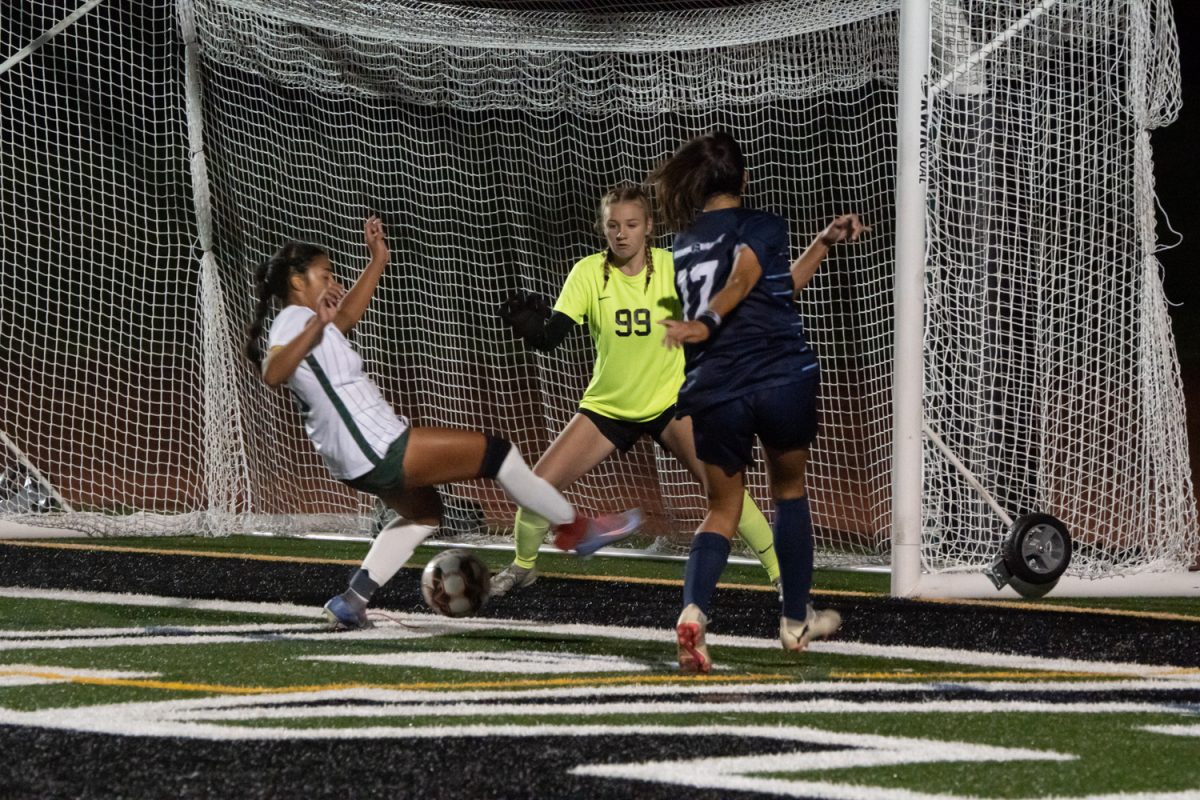Facebook Knew Instagram is Hurting Young Women

October 4, 2021
On Sept. 30 the Senate Subcommittee on Consumer Protection, Product Safety, and Data Security invited Facebook executives to field questions after a Wall Street Journal report revealed internal documents regarding a research study conducted by Facebook. These documents demonstrated Facebook’s awareness of Instagram’s negative impact on user’s self-esteem, especially teenage girls. Senator Edward J. Markey compared Facebook’s actions to the tobacco companies, saying “Facebook is just like Big Tobacco, pushing a product that they know is harmful to the health of young people, pushing it to them early.”
Facebook’s Global Head of Safety, Antigone Davis, tried to spin the study by suggesting that Facebook received feedback from young girls about the positive experiences they had with Instagram. “Right now, young people tell us — eight out of 10 tell us — they have a neutral or positive experience on our app,” she said. “We want that to be 10 out of 10. If there is someone struggling on our platform, we want to build product changes to improve that experience and help support that.” This directly contradicted the report from the Wall Street Journal, which reported that “Thirty-two percent of teen girls said that when they felt bad about their bodies, Instagram made them feel worse.”
Dennis Emano, mental health counselor at COD, has seen the effects that social media can have on students’ lives. “A lot of them really, I would say they kind of rely on that social support.” Students have talked to Emano about the isolation that they have experienced because of their interactions with each other. “It has an effect on just relationships in general especially if the student kind of relies on that as their primary social support.” This support can be measured by the amount of positive feedback through likes users have received, and can be used as a marker to determine their self-worth.
Emano also recognizes the benefits social media has for students who have trouble interacting in social situations. “Especially helpful for those that are really more on the reserved side.” Facebook is accused of using this desire to connect to and exploit its users to its own benefit. Although not on social media himself, he also recognizes that this is the way to reach people today. Emano talks about how to make personal connections beyond social media, “Are you able to do that in school? Do you participate in extracurricular activities where you have to interact with people your own age? I think that’s where it starts.”
COD is home to clubs that cater to a wide variety of student interests. You can visit the Office of Student Life page for a comprehensive list of the clubs currently available.
When asked about Facebook’s responsibility to communities, Emano explains “I think they owe the public an apology for what they did. If they are withholding some information because they are trying to make it seem like everything is ok. If they are not transparent and their lack of transparency has hurt other people then I think they do need to fess up to that.” Emano is not alone in believing that Facebook needs to be held accountable. Senators, both Republican and Democrat, expressed the need for regulations. Facebook will be back in Washington on Tuesday to answer more questions about its practices.
The Office of Counseling, Advising, and Transfer Services is a great resource for students that are feeling overwhelmed. Not only can students seek guidance on educational planning, they can also speak with a counselor. This service, which is offered to COD students free of charge, can help students manage any conflict they may be facing currently, whether or not related to school.
https://www.nytimes.com/2021/09/30/technology/facebook-senate-hearing.html



















